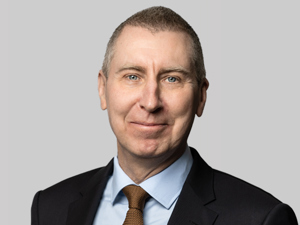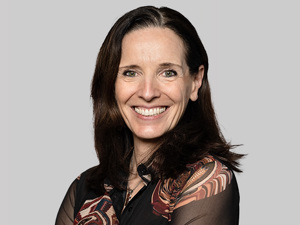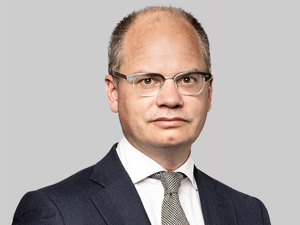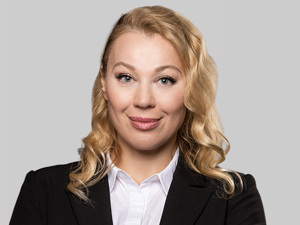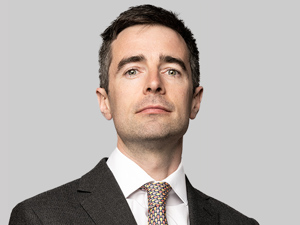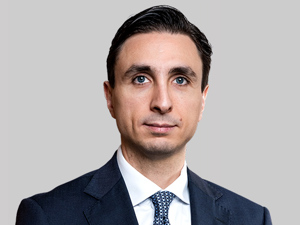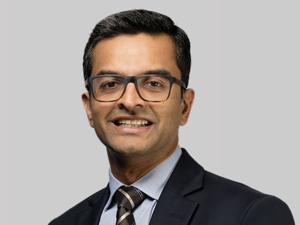Following a strong start to the year, frontier markets continued their upward trend in Q2 2025, with the benchmark posting an 10.6% return. This was nearly on par with the performance of developed markets (11.5%) and emerging markets (12.0%) in the same period, but frontier markets remain well ahead in 2025 with a gain of 19.8%, compared to 9.5% for DM and 15.0% for EM in USD terms. East Capital Global Frontier Markets delivered a 9.0% return, indicating an underperformance relative to the benchmark. That said, our fund still significantly outperforms both emerging and frontier market indices over three-, five-, and ten-year periods.
During the period, tariff-related headlines caused short-term volatility across our markets, but this phase proved to be relatively brief. The focus has now shifted to the bilateral “deals” being pursued by the Trump administration, and much will depend on the finalized tariff levels and timing. Of the various markets, Vietnam currently has the most developed bilateral agreement so far, with initial headline tariffs of 46% now being adjusted down to 20% in a deal announced in early July - a sign that even the most aggressive initial positions can soften.
Separately, the Middle East dominated the headlines as tensions between Israel and Iran erupted into an aerial war. This resulted in a spike in oil prices, but prices returned to pre-conflict levels when the “12-day war” ceased. Although the decline in the oil price this year has hurt the Saudi Arabian market, our sole holding, Tawuniya, a multi-line insurance company, managed to increase by 12% during the quarter thanks to its structural growth prospects. Elsewhere in the Middle East, the UAE market, which is much less exposed to oil, saw a strong 12% increase following some volatility during the conflict. In the UAE, we participated in the IPO of Dubai Residential REIT and further increased our investments after the listing given our conviction in the company’s future prospects. Offering a dividend yield of 7%, with very low leverage and a strong portfolio of recurring revenues that are expected to grow further thanks to Dubai’s robust real estate market, we believe it will be a valuable long-term addition to the portfolio.
Otherwise, the strongest performers were found in Sub-Saharan Africa in Q2 2025. After years of underperformance - and even index exclusion, as in the case of Nigeria last year - these countries are now showing signs that they are on a more stable macroeconomic trajectory. Companies are also experiencing good operational performance and increased foreign interest, albeit from very depressed levels. In this context, our Nigerian bank holdings, Guaranty Trust and Zenith Bank, both increased by around 30% during the quarter, adding significant alpha. Despite the substantial re-rating so far in 2025, these banks still only trade at 2-2.5x P/E, offering an attractive risk-reward profile. In Kenya, our holding, Safaricom - the pioneering telecom and fintech operator - also performed tremendously well as foreign investors returned to what was once a widely held EM investment. With an improving Ethiopian market and continued strength in its core Kenyan operations, Safaricom still offers an attractive dividend yield of 7%, despite rising by more than 50% in 2025 - nearly 40% in Q2 alone - and trading at 5x EV/EBITDA.
Outside of Africa, Pakistan was the biggest contributor to alpha, with Meezan Bank - the country's largest Islamic finance institution - increasing by more than 30%. Following a challenging 2024 in which regulatory changes undermined some of the bank’s competitive advantages, the results of the first quarter showed that the company had adapted well to its new situation and was well placed to continue its growth trajectory. Meezan offers an attractive dividend yield of almost 10%, a valuation of 7x P/E and 2x P/B, and an impressive ROE of over 30%. Although the upside potential has decreased due to its strong performance, Meezan remains a quality company that provides good exposure to the improving economic situation in the country.
Elsewhere, Eastern European frontier markets also performed well in Q2 2025, supported, in part, by a more constructive mood in Europe and a strengthening euro. In Slovenia, the country’s leading bank, NLB, continued its strong trajectory, reaching new all-time highs, as improving investor sentiment in the region, coupled with still-reasonable valuations and resilient macroeconomic fundamentals, supported flows into financials. NLB remains one of the most attractive names in the region, trading at a 2025e P/E of 6.3x and offering an 8.8% dividend yield in euro terms.
Negatively, Vietnam has continued to detract from alpha this year due to a combination of our top picks remaining weak, long-term laggards catching up, and a local hype surrounding them. Our largest holding, FPT, has had to revise its profit growth guidance of 20% due to weaker demand for its main growth driver, global IT. This has largely been driven by global uncertainty delaying investment decisions for many of its customers. Although we have reduced our investment in the company, we still consider it to be high quality and believe it will return to its historical 20% CAGR, which has delivered hundreds of basis points of alpha for our strategy over many years. Apart from FPT, the continued resurgence of Vingroup-related stocks after several years of poor performance has hurt the strategy in relative terms.
Despite the high level of volatility, sentiment towards emerging and frontier markets improved significantly in the last few weeks of the second quarter. Current trends in inflation, a soft US dollar and oil prices could positively impact most of our markets, continuing to improve sentiment and performance going forward. Against this backdrop, frontier markets continue to offer attractive growth prospects, momentum for reform and technological advances, providing appealing investment cases that should benefit from these dynamics. With a P/E of just 7.0x 2025e compared to 21.0x for developed markets and 13.6x for emerging markets, we believe the strategy offers appealing and uncorrelated investment opportunities, particularly now, at a time when the frequency and extent of global equity market volatility are on the rise.
Performance in USD net of fees.
This publication is not directed at you if we are prohibited by any law in any jurisdiction from making this information available to you and is not intended for any use that would be contrary to local laws or regulations. Every effort has been made to ensure the accuracy of the information, but it may be based on unaudited or unverified figures or sources. The information should not be used as the sole basis for an investment. Please read the Prospectus and KID documents, which are available on the fund page.


